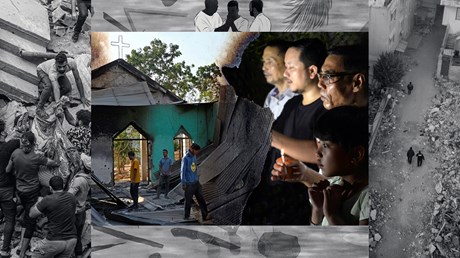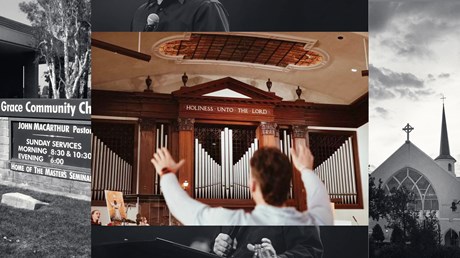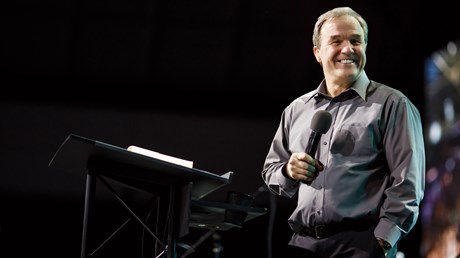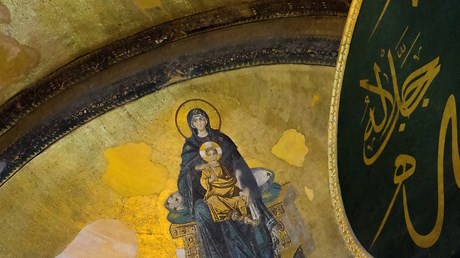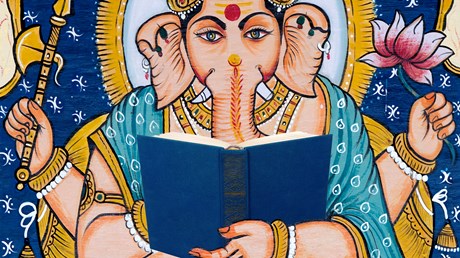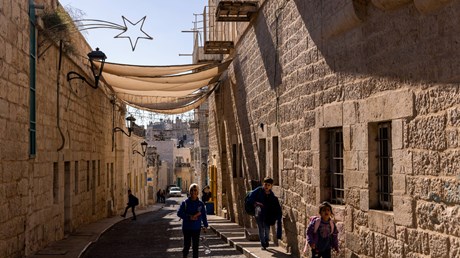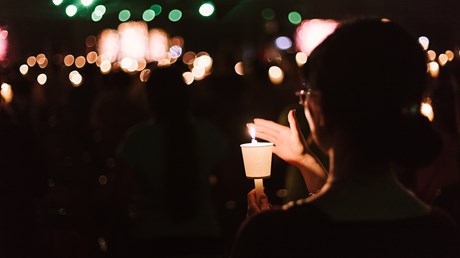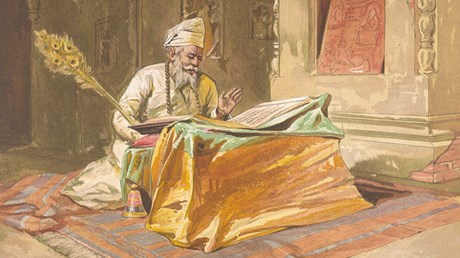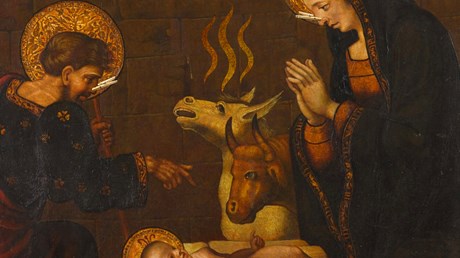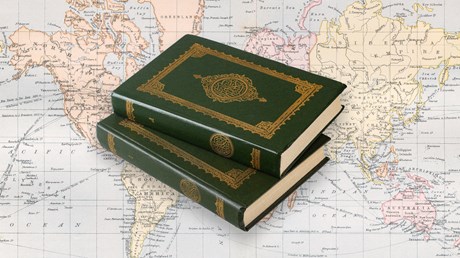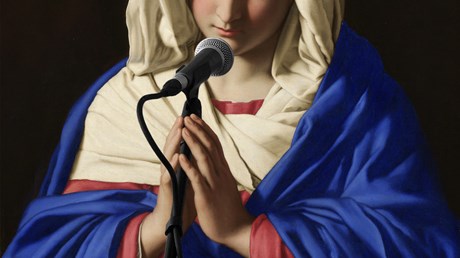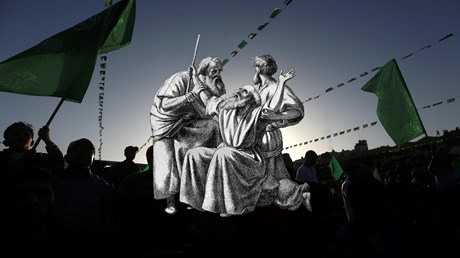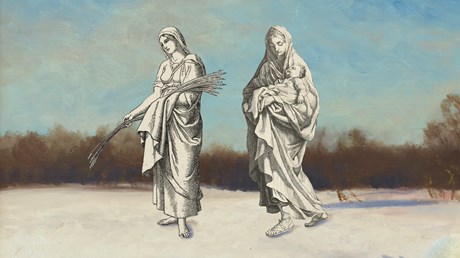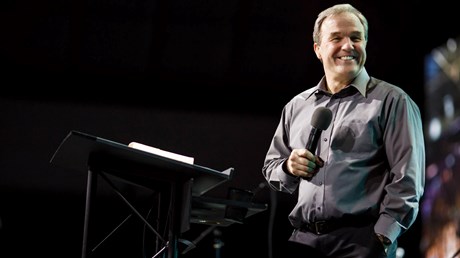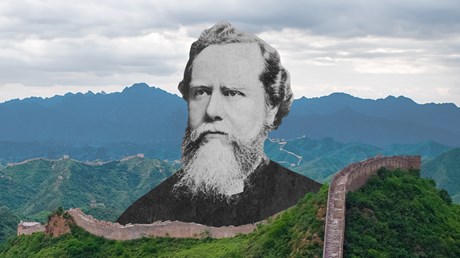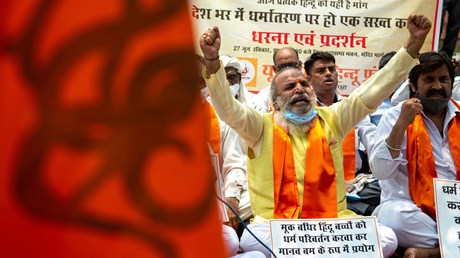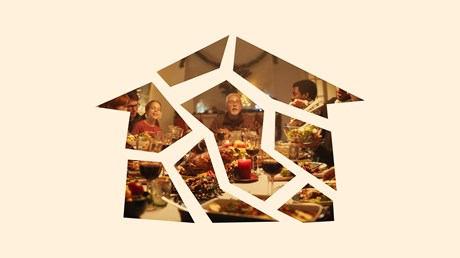Religious animosity mixed with farmer-herder tensions continue to plague Christians in beleaguered Middle Belt region.

At least 140 Nigerian Christians were killed over the Christmas holiday.
Attacks on 26 villages in Plateau State began December 23, led by suspected extremists among Fulani Muslim herdsman against Christian farming communities. Some media reports cite nearly 200 dead, with many missing as local residents fled from gunmen into the bush.
Grace Godwin was preparing Christmas Eve dinner when her husband burst in with news from the neighboring village, ordering her and the children into the fields. Rebecca Maska similarly took cover but was shot and bled for three hours until help arrived, while her son had his hand chopped off with a machete before escaping. Magit Macham dragged his wounded brother to safety and hid overnight until the attackers moved on.
“These attacks have been recurring,” Macham told Reuters, having returned home from the regional capital of Jos to celebrate Christmas. “They want to drive us out of our ancestral land.”
For years, violence has plagued the West African nation’s Middle Belt, where a predominantly Muslim north intersects with a predominantly Christian south. Land right issues are also contested, as semi-nomadic cattle herders press against settled agrarian hamlets in Africa’s most-populous nation.
The Christmas massacres were the worst attacks since 2018. A local publication tallied an additional 201 deaths in Plateau State in the first half of 2023. Across the Middle Belt, at least 2,600 people were killed in 2021, according to the most recent data by the Armed Conflict Location and Event Data Project.
The Northern Governors’ Forum called the attacks “reprehensible and heinous.” It was further condemned by the national Muslim organization Jama’atu ...
from Christianity Today Magazine https://ift.tt/KTM68an
